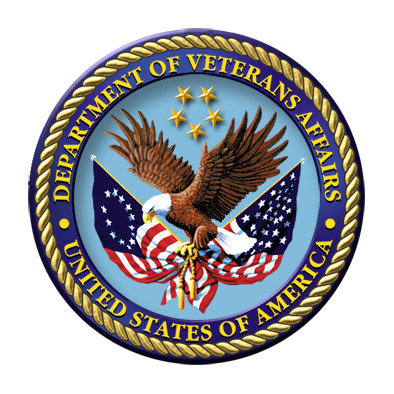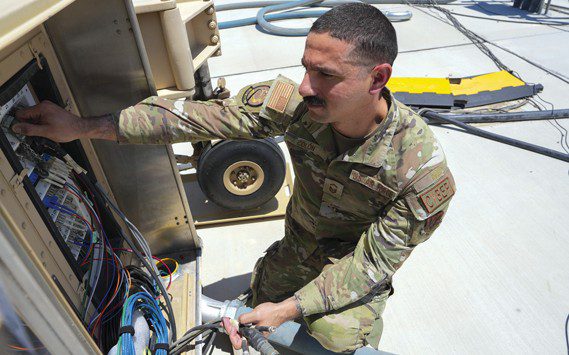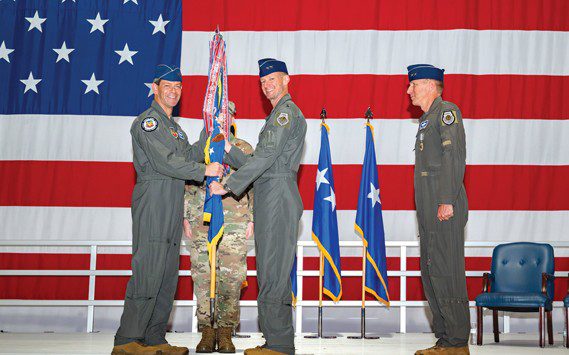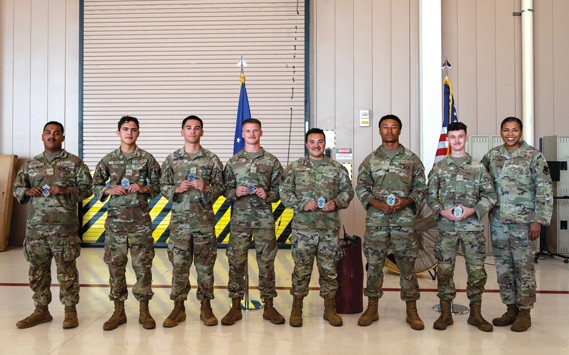The U.S. Department of Veterans Affairs will launch its new and improved community care program June 6, 2019, implementing portions of the VA Maintaining Internal Systems and Strengthening Integrated Outside Networks Act of 2018 (the MISSION Act), which both ends the Veterans Choice Program and establishes a new Veterans Community Care Program.
The MISSION Act will strengthen the nationwide VA Health Care System by empowering veterans to have more options in their health care decisions.
Under the new and improved Veterans Community Care Program, veterans can now work with their VA health care provider or other VA staff to see if they are eligible to receive community care. Eligibility for community care does not require a veteran to receive that care in the community; veterans can still choose to have VA provide their care. Veterans are eligible to choose to receive care in the community if they meet any of the following six eligibility criteria:
1. A veteran needs a service not available at any VA medical facility.
2. A veteran lives in a U.S. state or territory without a full-service VA medical facility. Specifically, this would apply to veterans living in Alaska, Hawaii, New Hampshire and the U.S. territories of Guam, American Samoa, the Northern Mariana Islands and the U.S. Virgin Islands.
3. A veteran qualifies under the “grandfather” provision related to distance eligibility for the Veterans Choice Program.
4. VA cannot furnish care in a manner that complies within certain designated access standards. The specific access standards are described below. Important note: Access standards are proposed and not yet final.
* Average drive time to a specific VA medical facility
– 30-minute average drive time for primary care, mental health and noninstitutional extended care services.
– 60-minute average drive time for specialty care.
Note: Average drive times are calculated by VA using geo-mapping software.
* Appointment wait time at a specific VA medical facility
– 20 days for primary care, mental health care and noninstitutional extended care services, unless the Veteran agrees to a later date in consultation with his or her VA health care provider.
– 28 days for specialty care from the date of request, unless the Veteran agrees to a later date in consultation with his or her VA health care provider.
5. The veteran and the referring clinician agree it is in the best medical interest of the veteran to receive community care based on defined factors.
6. VA has determined that a VA medical service line is not providing care in a manner that complies with VA’s standards for quality.
To help employees prepare for this transformation and others under the MISSION Act, the VA Southern Nevada Healthcare System has dedicated the month of May to readiness.
“We are honored to reaffirm our commitment to America’s Veterans,” said Tracy Skala, acting director of the VA Southern Nevada Healthcare System. “Our staff is steadfast in providing health care that meets the needs of our Veterans at the right time and place.”
“We understand any transformation of this size and on such a rapid timeline is not without risk,” said Skala. “We are aiming for excellence in this effort, and we will continue to tweak and improve the process.
The VA Southern Nevada Healthcare System is one of the fastest growing VA health care facilities in the nation and currently serves more than 63,000 local veterans every year.












